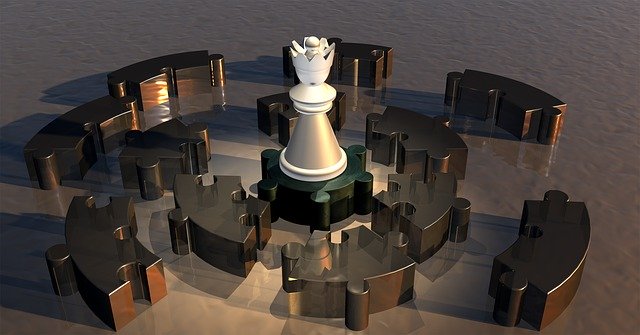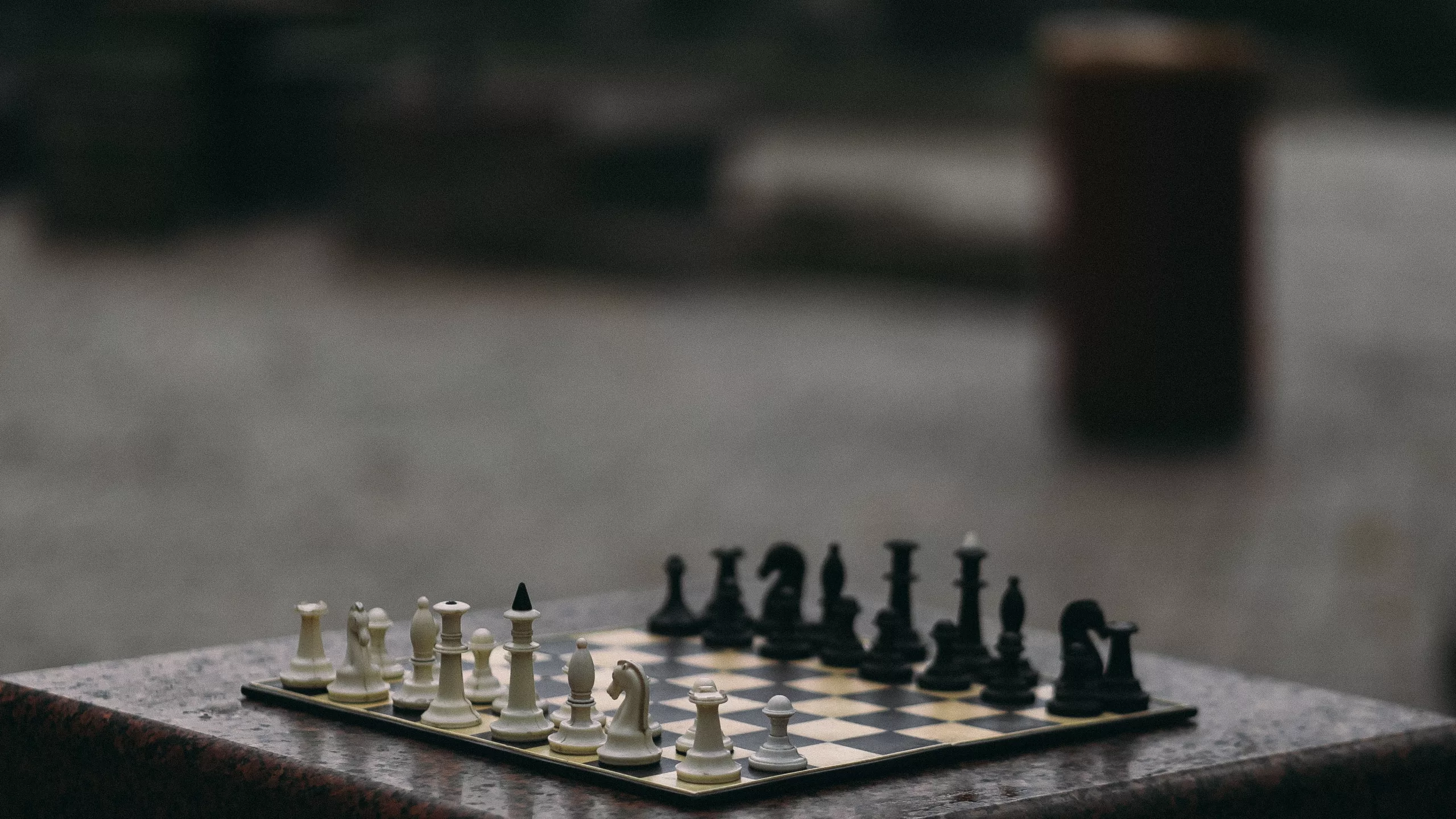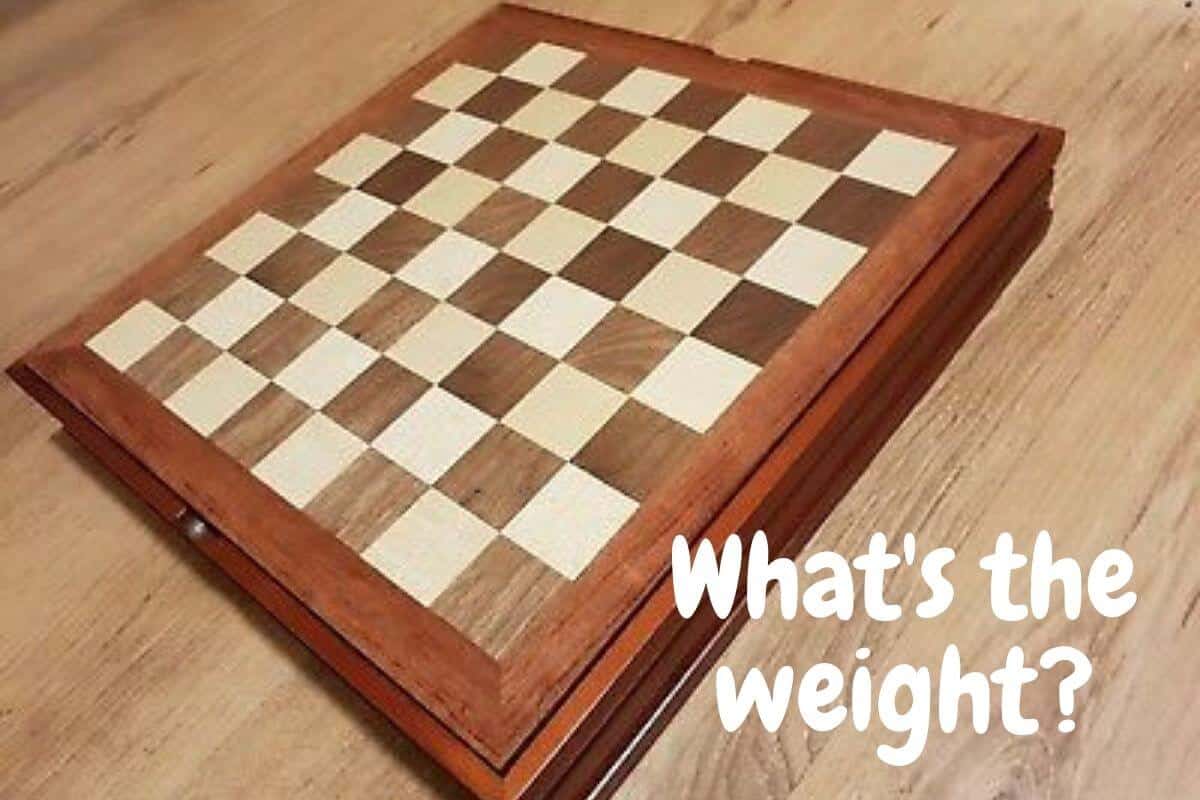Chess players who compete in official events get a numerical rating. This is sometimes called the player’s Elo rating (which is named for Arpad Elo, the mathematician who created the rating system; thus the word is pronounced “EE-low”, not “ee-ell-oh”, which was instead the abbreviated name of a popular 1970’s rock band).
Ratings are incredibly important to some chess players, so much so that many chess players upon meeting another player for the first time, don’t say, “How do you do?” or “Pleased to meet you!”; instead, they instantly ask, “What’s your rating?”
Chess Rating System: How it works?
To understand the point of playing rated games in tournaments, you’ll need to understand just a bit about the chess rating system. For a full explanation of the rating system, please consult any number of chess websites which explain the system in painfully exacting detail, or books such as the U.S. Chess Federation’s Official Rules of Chess.
We’ll instead content ourselves with a capsule summary here, just enough so that you understand rated games.
Using the USCF as a base, players rated 1200 or lower are considered beginners. Players from 1201 to 1999 rating are known as “class” level players, sometimes known also as “club” or “untitled” players. Players rated 2000 to 2199 have earned the title of Expert, while players 2200 and higher are Masters.
Gaining Ratings
Players gain rating points when they win games, and lose rating points when they lose games. It’s that simple. According to the USCF Official Rules of Chess, “The rating system is based on the theory that the rating difference between two players corresponds to their expected score with each other.” Translated, that means that the higher rated of two players is expected to win, and the larger the rating difference, the more likely it is that the higher rated player will win the game.
This rating difference acts like a “risk-reward” system. The bigger the rating difference, the more rating points the lower rated player will gain if he wins a game and, conversely, the more rating points the higher rated player would lose.
On the other hand, if a very high rated player beats a very low rated player, only one rating point will change hands (you will always lose at least one rating point if you lose a game, no matter what, and will always gain at least one point for a win).
Chess Rating Vs Intelligence
The ultimate result is that a chess rating is nothing more than a gauge of the expected outcome of a chess game between two players. It’s not a measure of intelligence, it’s not a valuation of your worth as a human being. In fact, a chess rating doesn’t mean a thing unless it’s compared to another player’s rating, and even then it’s just a measure of a game’s expected outcome. The bigger the difference between two players’ ratings, the more likely it will be that the higher rated player will win the game.
What Is A Good Chess Rating?
According to the United States Chess Federation (USCF) chess players rated 1200 or lower are considered beginners. Players rated 2000 to 2199 have earned the title of Expert and are considered to have a good chess rating, while players 2200 and higher are Masters. Players rated from 1201 to 1999 rating are known as “class” level players, sometimes known also as “club” or “untitled” players.
Table Showing Chess Ratings From Bad To Good
| Level | Chess Rating (Elo points) |
| Beginner | <1200 |
| Class/Club/Intermediate level | 1201-1999 |
| Expert (Good Chess Player) | 2000-2199 |
| Masters(FM, NM, IM, GM) | >2200 |
What Are Elo Points?
The international ratings are called “Εlο numbers” or simply Εlο (named after the American Professor Arpad Εlο, who developed the system in the 1950s). These are never seen in children’s tournaments and beginners’ tournaments. In these cases any ratings will be those attributed by the national federations.
All such systems are based on complex mathematical formulas. To simplify, we can say a result is calculated for each tournament based on the deviation of your score from the average (50% of the available points). This score and those from other tournaments go to making υρ your rating. These ratings should not be taken too seriously by children, since they change rapidly and because in the early days chance plays a great part.
11 Tips to increase your chess ratings “From Bad to Good”
Here are 11 things you can begin doing obtain a good chess ratings.
- Study Chess Tactics
- Study The Endgame
- Learn some basic openings
- Study Positional Chess
- Play as much chess as you can
- Write down or record the moves to every game you play
- Review your games later






